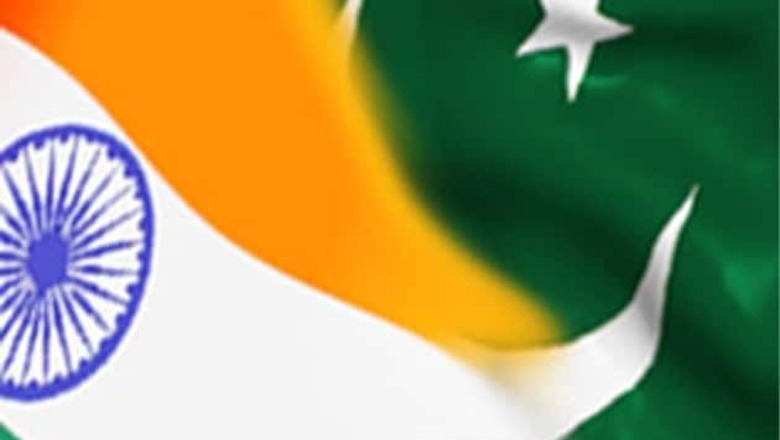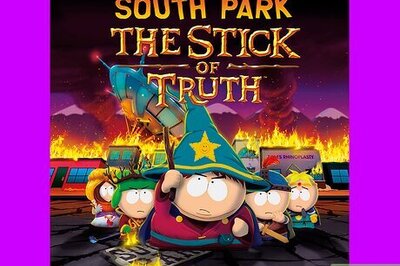
views
Mumbai: Maintaining that wars between the two countries have fetched no returns, Pakistan on Tuesday said that it wants a sustained and comprehensive dialogue process with India and asserted Prime Minister Nawaz Sharif was keen on peace with New Delhi for growth and prosperity of his country.
"Our Prime Minister Nawaz Sharif is very clear about his views, his policies and his vision. He has articulated that unless we have peace with India, it would continue to be very difficult to attain our aspirations of development and prosperity," Pakistan High Commissioner to India Abdul Basit said on Tuesday evening.
Stating that peace is in the mutual interest of both the countries, he said, "We have fought wars in the past and have achieved nothing out of them. For peace, we would like to have a sustained and comprehensive dialogue process.
"At one stage, Pakistan was reluctant to enter into a dialogue process with India. We wanted the Jammu and Kashmir issue to be resolved first, but that did not work, nor will it work in the future if we have any pre-conditions."
Basit was speaking at an event organised here by Asia Society to discuss the future of South Asian diplomacy. He said Pakistan entered into a military alliance with China to contain India and stave off threat to its security.
"Given our problems with India, security then, was the foremost concern and in the process, we joined military alliances, which we thought would help us contain India and enhance our security. So China and Pakistan became great friends. Our relation with China is exemplary and has withstood many a test over the decades," he said.
The envoy said Pakistan had got worried when India conducted its first nuclear test, and it prompted Islamabad to look for nuclear capability. "India conducted its first nuclear test in 1974 and Pakistan really got worried about that. Considering our legitimate security requirements, we also started looking for nuclear capability. We were conscious of the fact that India had conducted its first nuclear test."
On being reminded Mumbai is a city that has suffered the most at the hands of terrorism, Basit maintained Pakistan itself is a victim of that menace and said judiciary in Pakistan is independent and the perpetrators of attacks in the metropolis will be brought to justice, even if it takes time.
"What happened to the Samjhauta Express trial here? That (blasts) happened in February 2007 in which 42 Pakistanis were killed. But we still do not have any verdict. "No one has been convicted. These things do take time. We would like all those, if they have contributed or played any role in carrying out those highly reprehensible acts in Mumbai, should be brought to justice," Basit said, referring to the 26/11 terror attacks in Mumbai.
A Pakistani anti-terror court is trying seven suspects charged with involvement in the Mumbai attacks which left 166 people dead. On military having a dominant role in Pakistani affairs, the envoy said of late there has been a shift on this front. "Security has always dominated the discourse in Pakistan. But discourse is now gradually shifting from security to development, which is giving rise to civilian institutions. A positive role has been played by globalisation in shifting this discourse," Basit said.
Expressing disappointment over intra-South Asia trade being at 4-5 per cent of the global trade, Basit said if there is peace between India and Pakistan, both countries can change the ways things are going on at present.















Comments
0 comment